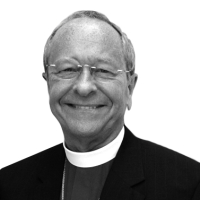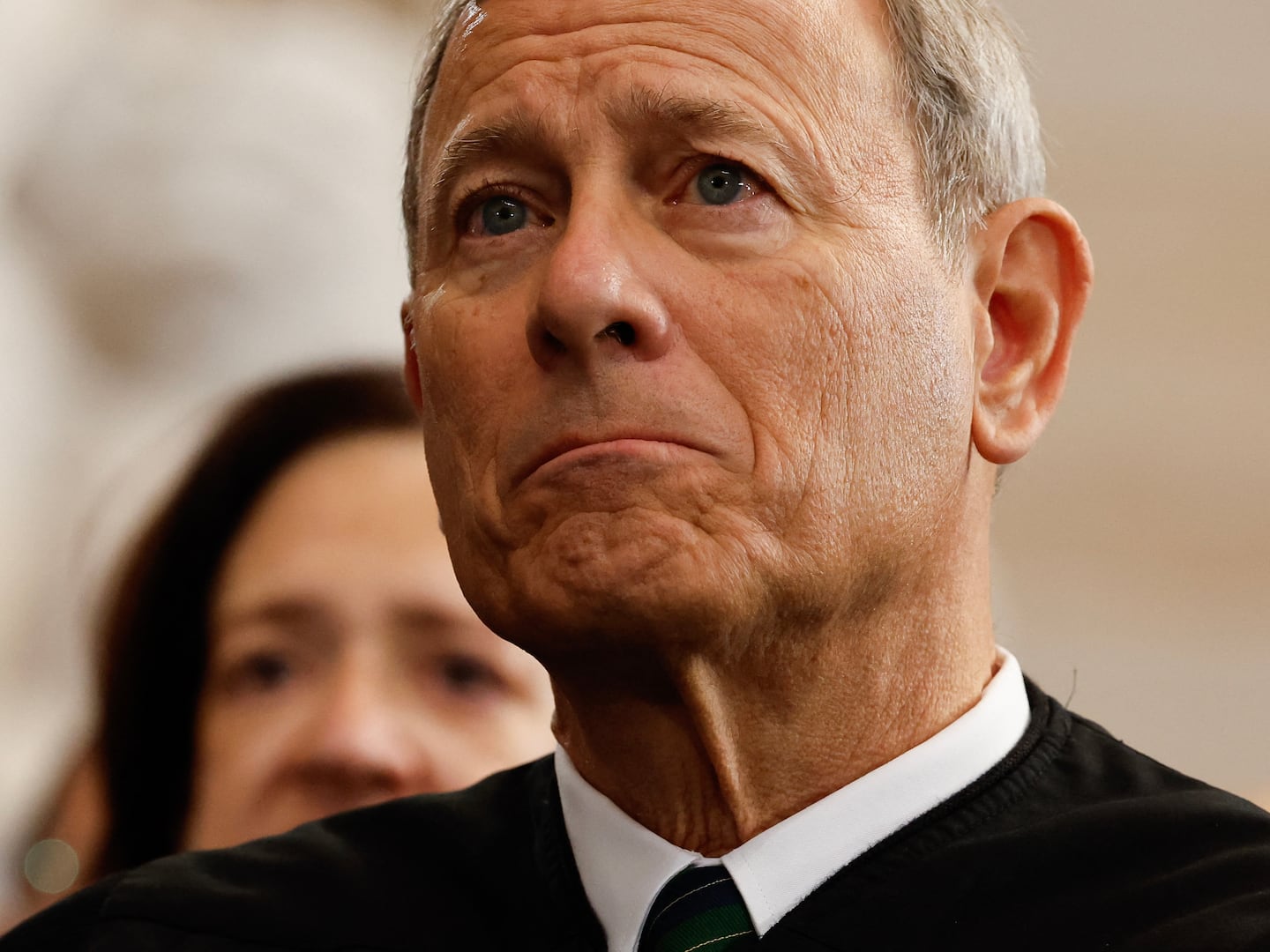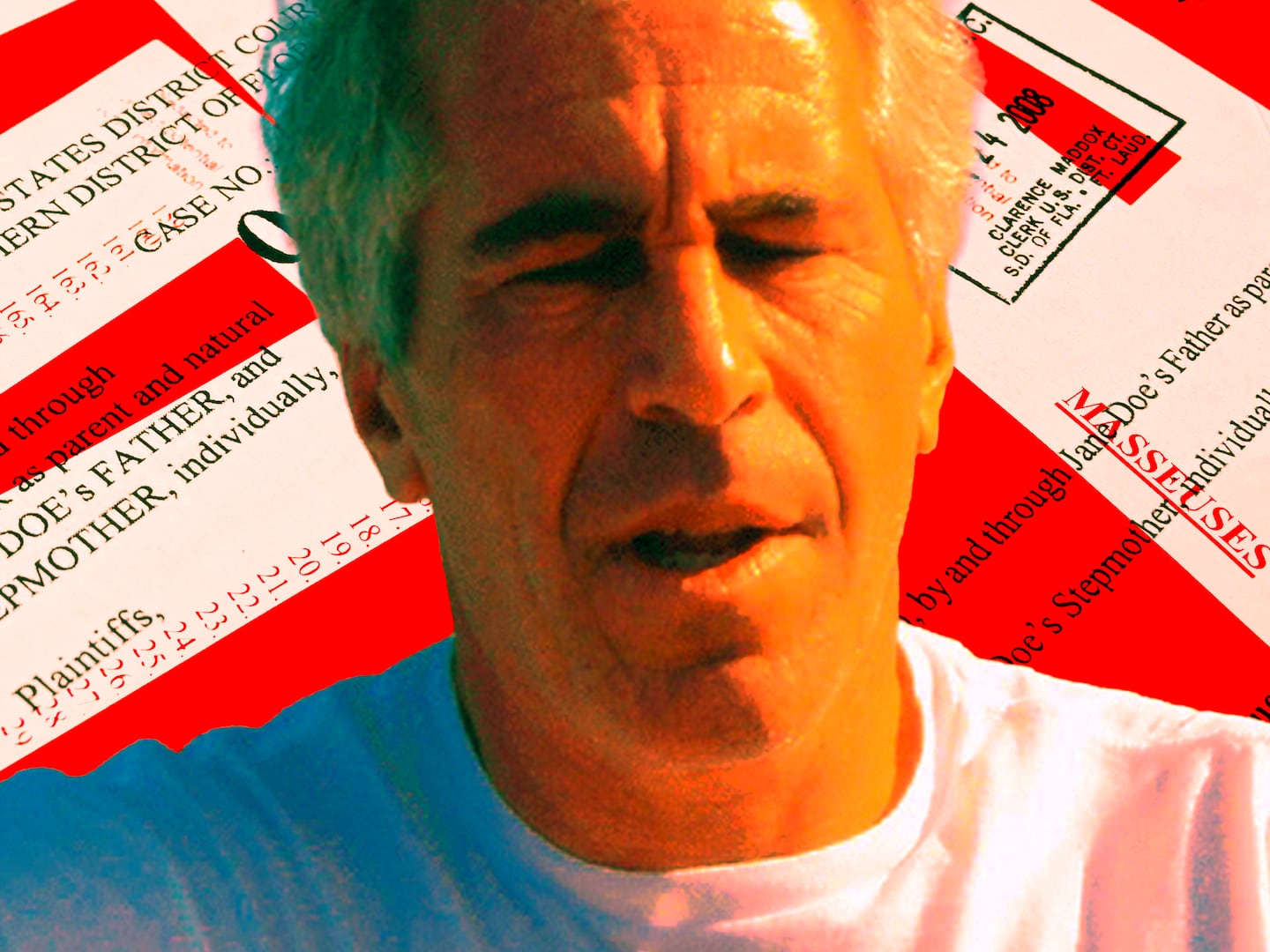I hope we don’t see another year like 2014. So much pain, so much tragedy, so little understanding. From the deaths of too many unarmed young, black men across the country to the widespread phenomena of rape and assault of women on college campuses, from the suicide of yet another misunderstood and mistreated transgender teen to the continued exportation of hatred toward LGBT people by the Religious Right, from spousal abuse by NFL players (and far too many others) to the abuse of the environment by nearly all of us, it was a sad and tragic year in our country.
Perhaps the only thing more alarming than these injustices themselves (no small thing) was the public’s reactions to them. Within minutes, it seems, of the disclosures of these tragic events, large numbers of people chose a side and stuck to it. All the subsequent facts didn’t seem to matter. Most of us just neatly tucked the newest revelation into our already-decided narrative of how the world works – whether it was about race, gender, sexual violence or climate-change denial. And in so many of these events, the pattern of “blame the victim” was quickly in evidence. No more facts needed, thank you. Already decided. She/he/they got what they deserved. They brought it on themselves. If she hadn’t dressed so seductively….If he hadn’t resisted arrest….If she hadn’t gotten drunk….If he had only acted like a boy instead of being such a sissy….If she hadn’t sassed her husband….If he had only showed a little respect to the officer….
We face a lot of problems at this moment in our national and global history. Perhaps it always seems that way at the time, but surely we face our fair share right now. What is most troubling is our – and I do mean “our” and not “their” – never treating these situations as learning opportunities. I don’t mean that in some airy-fairy, liberal, totally “nice” way, but rather asking the serious question, “What do I have to learn from this?” and “Do I really want to learn?”
I was once speaking at Colby College in Maine, and during my talk, I spoke about why I was so grateful for the experience of being gay. As a white, educated, Western, middle-class male, I possess most of the unearned privilege the world has to offer. But the experience of being gay has been my tiny little window into what it must be like to be a woman, a person of color, someone in a wheelchair, a transgender person, a profoundly poor person, an immigrant in a strange land. In that speech, I had casually joked: “I don’t know how you straight white guys ever get it!”
After that speech, many of the students gathered around to talk further. One of them was an 18-year-old freshman who said to me, “I have an answer to your question about how we straight white guys ever get it!” And then he laid out his simple and profound answer: “I listen to you. And then I believe you.” I was dumbstruck by its simplicity and its truth.
Here’s what I took him to mean: I respect you enough to listen to what you have to say, what you have to tell me about what it’s like to be you. And then I believe you. It may not be my experienced truth, because we have different life circumstances, we are a different race, a different gender, a different sexual orientation, we are differently abled, our pasts and our families are different. But I can believe it is your experienced truth. And then we can begin a conversation about what makes our truths different, and whether or not there is room in this world for both of our truths, and many others. And how we want to live our lives in light of those differences.
When I am confronted by people who are different from me, circumstances that I have never had to deal with, and seemingly intractable problems I don’t understand, I first need to listen. I need to resist my temptation to make the person or situation into someone or something I do understand, who falls into only my categories. I need to resist my urge to talk them into my truth, just so I can feel more comfortable and secure. And I need to ask why their truth makes me so defensive, as if my truth is the only truth. And then I need to listen for his or her answer.
This is what I think compassion is. It is respecting another person so much that I am willing to listen and then believe someone else’s truth. That is the motivation behind such well-worn adages as “walk in someone else’s moccasins” and “love your neighbor as yourself.” That kind of compassion might go a long way toward helping us begin to respond to a hurting world. It is the kind of compassion espoused by every world religion and every revered religious leader. For me, as a Christian, it is what Jesus was all about. Not judging, but listening. Not criticizing, but trying to understand. Finding the common bonds that help us realize that we have far more in common than that which separates us.
Why don’t we try a little more compassion in 2015?





